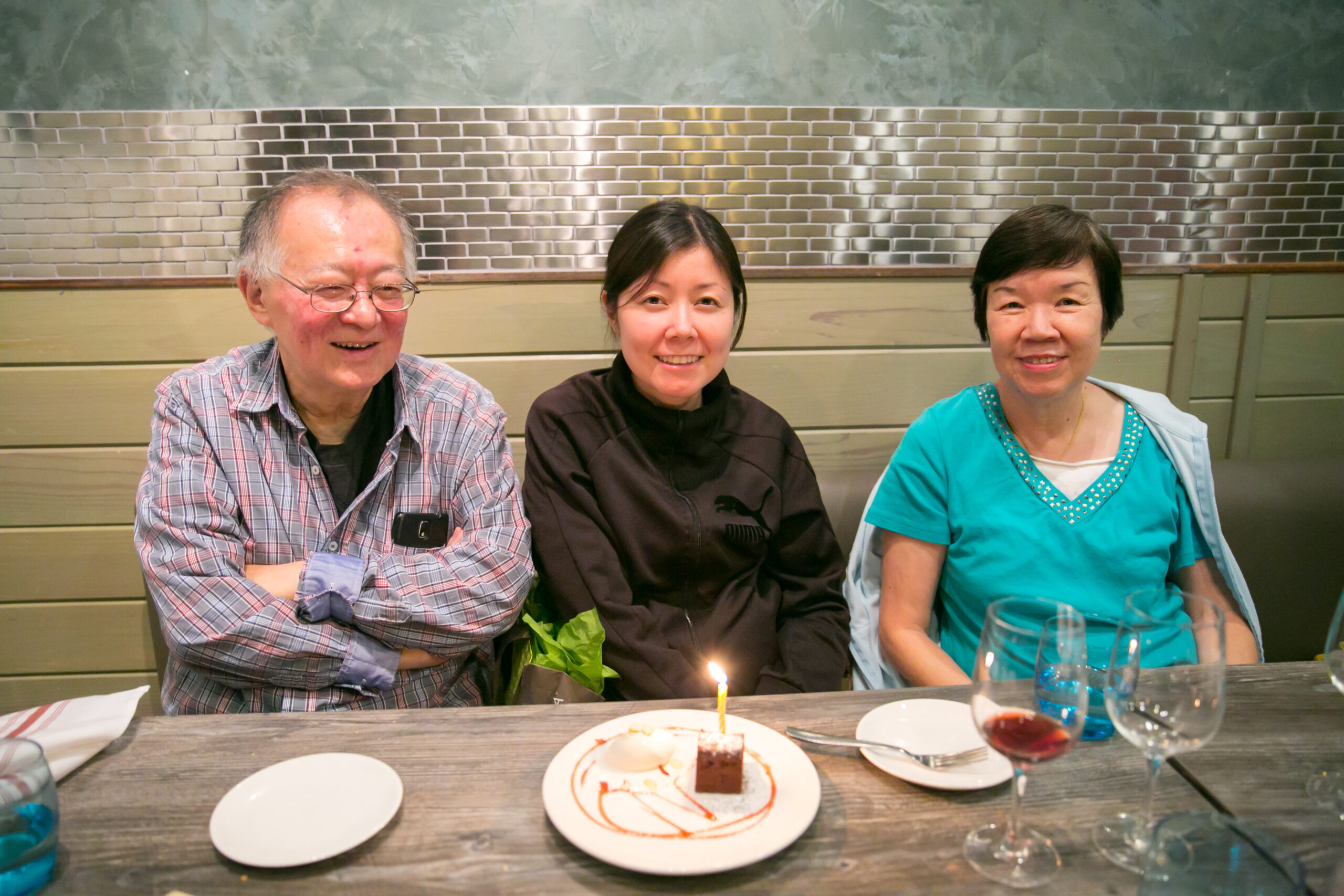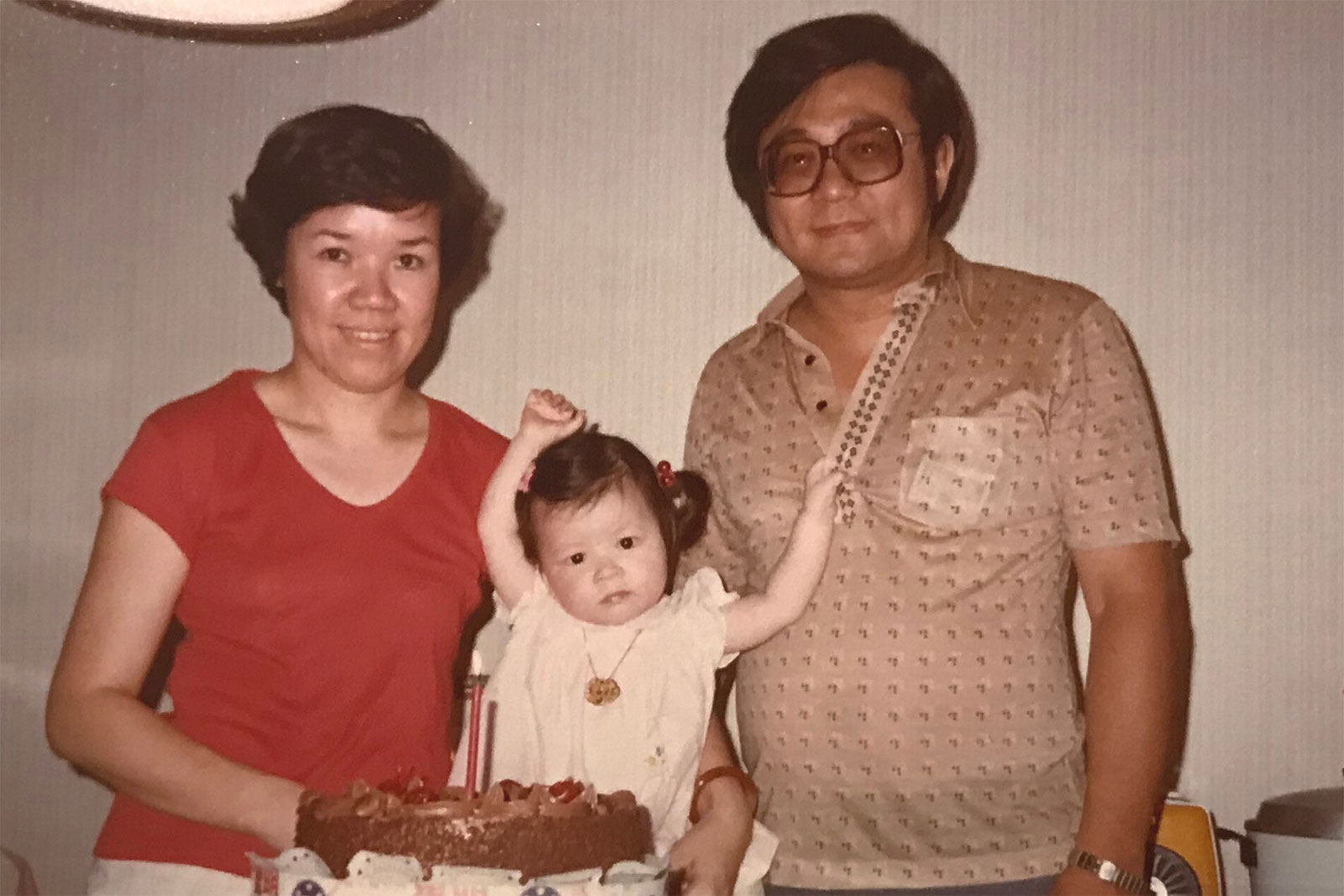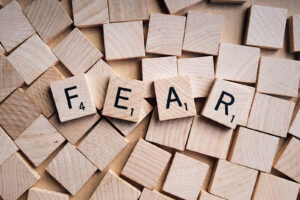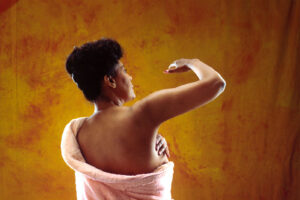I was shocked when I first learned that the chance of an individual in the U.S. developing cancer at some point in their life is about 40 percent. This data from the American Cancer Society told me that cancer is very common and most people will be affected by it, whether as a patient or a loved one. But when my dad was diagnosed with terminal cancer in 2017 and I became his caregiver, my experience was very incongruous with this statistic.
How so? you might ask. You would think that if cancer is that prevalent, there would be ample resources to help us navigate not just the medical processes but also the psychological challenges that come with a cancer diagnosis. You may also think that most people would know how to best support those dealing with this terrible disease.
My family’s experience with cancer, however, was far from that. Even though I have a graduate degree in social work and have worked in settings where illnesses and deaths abound, I found caregiving for my dad one of the most overwhelming and difficult experiences I have ever had to go through.
For example, I understood from my training the importance of having a health care directive. But it seemed cruel to talk about life-and-death scenarios with my dad because he did not yet make peace with his own imminent mortality. I often tell people now that watching my dad struggle through end-of-life, mentally and physically, was the experience that made me understand that the term “heartbroken” is a real emotion and not just a reference in cheesy pop songs.
What probably also made things more complicated for my family was my parents not speaking English well enough to navigate the complex medical terminologies and carry out the advocacy required in a medical system that often does not see each patient as a whole person. We were a team and tied at the hips with everything we did, but we also got in each other’s way a lot.
Even though I have a graduate degree in social work and have worked in settings where illnesses and deaths abound, I found caregiving for my dad one of the most overwhelming and difficult experiences I have ever had to go through.
In hindsight, it honestly all seemed so silly. I know we were driven by love and also the different fears we each had about the situation we were in, but we should have focused on enjoying each other’s company and making great memories with the time we had left. At the time, however, we couldn’t fully think that way. We had seen the scans that showed cancer everywhere in his body and were told that he had a couple of years to live at best, but it was as if our minds couldn’t accept that.

Every little thing—like my dad drinking or not drinking a can of Ensure—felt like it somehow had a direct impact on how much longer he would live. That sounds ridiculous now, but when you are so desperate to not lose someone, you don’t realize that what you are doing is magical thinking because it’s what’s going to get you through the next hour, the next day.
And that’s exactly the kind of “rollercoaster” caregivers experience when caring for someone dealing with terminal cancer. We have to juggle all the medical to-do’s in addition to managing a life routine and maybe a career completely disrupted. We have endless questions about what may happen next but have no time and maybe no one to ask. We are broken by watching our loved ones suffer, wondering if we ourselves will ever be whole again. We are filled with sadness and guilt when we realize that we are even thinking about what happens “after.”
It’s all messy and devastatingly hard and, more often than not, there are no good answers.
Four years after my dad died, I decided to create the “Talk About Cancer” podcast in the quietness of quarantine. Podcasting is a wonderful medium for storytelling and in reflecting upon my own experiences, I was curious to explore the emotional and relational challenges we all go through when dealing with cancer and how culture and faith may shape that experience. I think of it as an on-demand, audio support group where caregivers and patients can hear how others are dealing with similar problems.
My hope is that through listening to others’ experiences, we can feel less isolated and maybe figure out how to best support our loved ones who are on this journey none of us signed up for.
Serena Hu is the host of the “Talk About Cancer” podcast. Listen to the diverse stories at talkaboutcancerpodcast.com and on most podcast players. Get weekly snippets of the latest episode on Instagram by following @talkaboutcancerpodcast.







